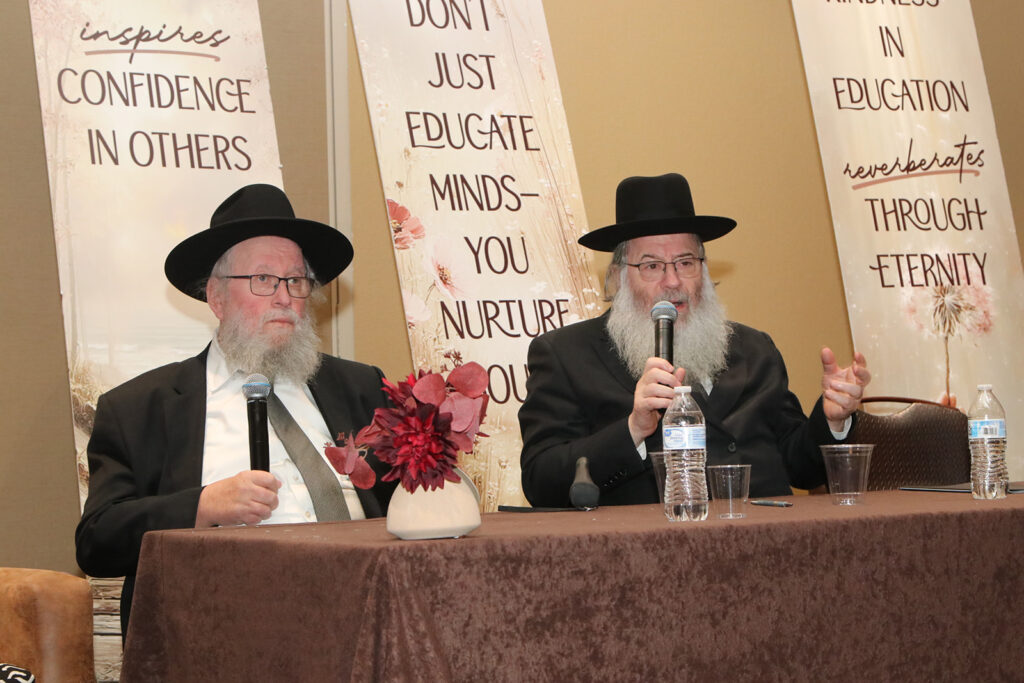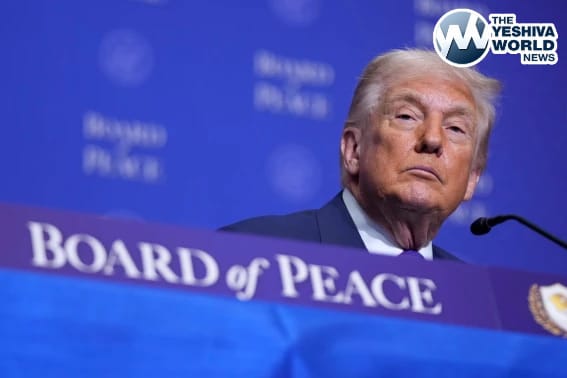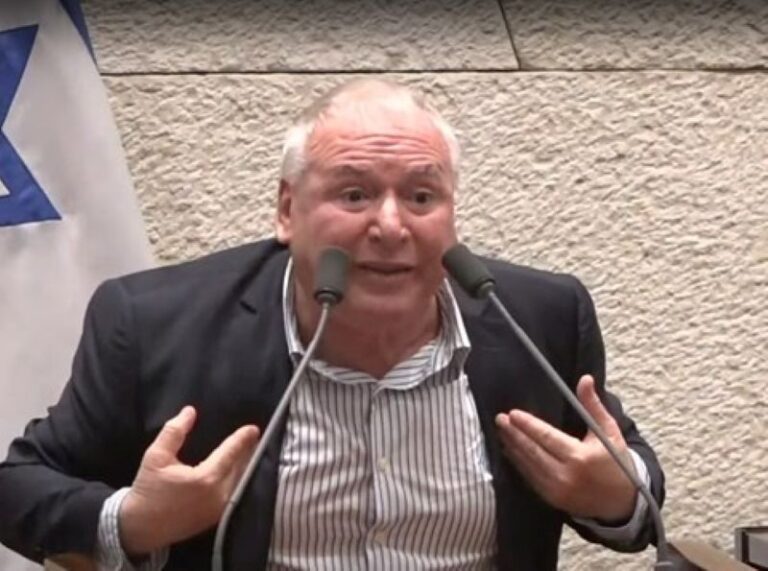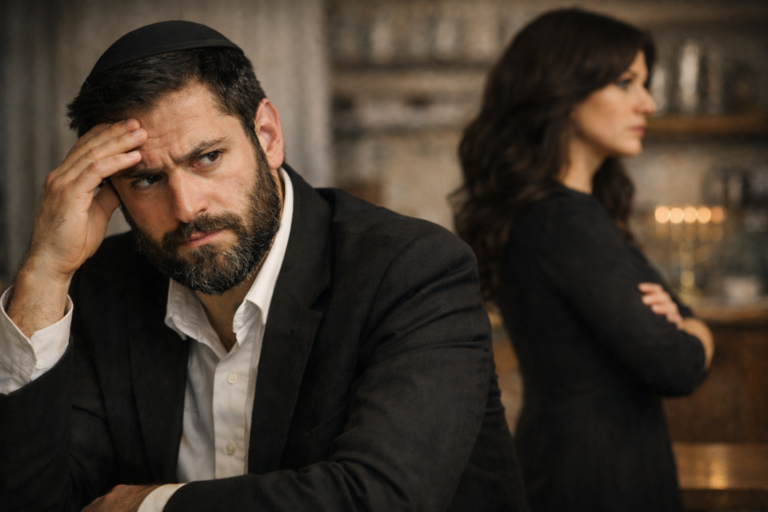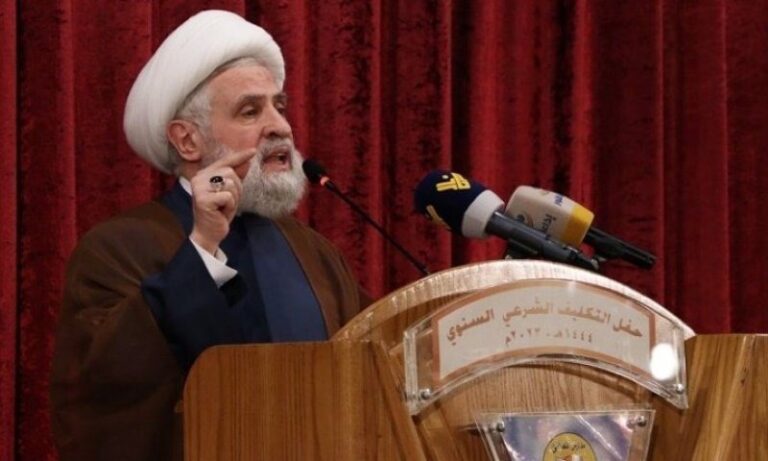My first-time experience at the Torah Umesorah Convention
As a first-time attendee walking into the Torah Umesorah Convention at the Kalahari Resort last week, I didn’t have such high expectations, perhaps an enjoyable Shabbos given as a bonus from my school—nice hotel, decent amenities, a few sessions, and that’s it. Within minutes, I realized this was something entirely different, which made me wonder: What exactly is the purpose of this Convention?
From the energy alone—hundreds of mechanchim moving, talking, learning—I understood that the purpose is to strengthen the people who build the next generation of Klal Yisrael. Every part of the program is designed to elevate what we do in the classroom every day. (And every attention to detail made us feel royally treated!)
I went from session to session, amazed at how much practical knowledge was being shared: uplifting drashos and spirited shailos u’teshuvos panels from Gedolim on chinuch’s burning issues, preschool strategies, general studies techniques, leadership tools—real, usable ideas. The Chinuh Expo was filled with resources I never knew existed, and I kept thinking, “If this didn’t exist, how would any of us find these things?”
I was attuned to the buzz in the hallways, too. Everywhere I went, I overheard reactions that confirmed what I was experiencing. “Torah Umesorah has its finger on the pulse of chinuch,” someone said. “Learning to converse with my talmidim—even more than teach—was eye-opening.” Another remarked, ”I heard Rav Elya Brudny’s clarity on AI—that even as technology changes from ‘Tuesday to Shabbos,’ Hashem is makdim refuah l’makkah and gives us the tools to handle whatever arises.” And every hallway was buzzing with chinuch discussions—swapping strategies, brainstorming. No, not your average Convention by far!
I met educators from across the world—Portland, Las Vegas, Baltimore, Montreal, Manchester, Panama, Brazil—each one eager to share and learn. Hearing Hebrew echo from the South American delegation showed me just how far the reach of Torah Umesorah extends. I met many veteran attendees who told me that every year brings new experiences—which is why they return annually without fail.

The Gedolim—Rav Elya Brudny, Rav Aharon Feldman, Rav Hillel David, Rav Yosef Eichenstein, Rav Chaim Y. Hoberman, Rav Aharon Dovid Goldberg, Rav Yaakov Bender and Rav Reuven Feinstein—were present and remarkably accessible. I felt privileged to approach them directly with questions, just as so many others did, and to receive such personal hadracha. This is where the chinuch industry standard is set—where approaches shift and systems across the country are recalibrated to meet the needs of our dor; there is truly no other address for this.
The guest speakers brought the fire: Rav Ephraim Wachsman, Rav Uren Reich, Rav Uri Deutsch, Rav Noach Orlowek, Rav Nechemia Grama, and Rabbi Dovid Perets from Panama—each delivering messages that felt immediately usable. Every time I walked out of a session, I had something to bring back to my students. And the tefillos—hundreds of voices rising together—gave me chizuk that I am part of a greater whole, full of yearning and kedusha.
I received a clear and insightful answer to the question I had when I first registered: What does this Convention actually accomplish? It creates a space where pressing issues—struggling students, building character, inspiring pride in Yiddishkeit—are addressed with real solutions. It channels the wisdom of our Gedolim directly to thousands of teachers and sends us home with clarity and direction that we cannot get on our own.
I heard a mechanech say, “This is my chinuch vitamins for the entire year,” and I understood exactly what he meant. Conversation after conversation reminded me that we’re part of a global mission to raise the next generation of Klal Yisrael. By the end, it was clear that the Convention doesn’t just inspire; it tangibly elevates the chinuch of each of our children.
At some point, I realized something else: even those who never stepped foot into the Kalahari Resort were, in a sense, “in attendance.” Because the ideas, the guidance, the clarity, the solutions—what every mechanech takes home—flow directly into classrooms across the country. The future of Klal Yisrael sits in those classrooms. When you strengthen the mechanchim, you strengthen every child. And when you strengthen every child, you strengthen all of Klal Yisrael.
Which led to a final question: If this Convention didn’t exist, what would be missing? We would still be teaching, but without this infusion of hadracha, achdus, knowledge, and solutions that lift everything we do. Walking out, I understood that Torah Umesorah isn’t hosting an event—they’re elevating the chinuch of tens of thousands of children. In that sense, Klal Yisroel itself is the real attendee—and the real beneficiary.
And as a first-time attendee, I left saying, “How did I ever do chinuch without this?”
Here’s a glimpse of some of the insights that shaped my first time at the Torah Umesorah Convention:
The Power of a Rebbi’s Connection (Rav Elya Brudny)
The foundation of all chinuch is having a deep, personal kesher with every talmid. Reb Feivel, a Holocaust survivor, became a beloved melamed in Yeshivas Eitz Chaim, he once said, “I speak with the talmidim even more than I teach them.” As a bochur, Rav Brudny watched Rav Avraham Pam, zt”l, spend the week after Rav Aharon Kotler’s petirah not immersed in more learning, but speaking to talmidim about what a Rebbi is, what an Adam Gadol is, and what ahavas haTorah looks like. He recalled visiting his Zayde in Bnei Brak, who remembered a certain day as a Yom Tov, because thirty years earlier, Reb Chatzkel Levenstein, zt”l, told him after getting the aliyah of Birchas Yaakov, “You are gebensht.” That is the lasting imprint of a Rebbi’s words.
Strength Without Drama: Lessons From Home (Rav Yaakov Bender)
My mother, a young widow, never raised her voice. Her strongest rebuke was, “Yankel, I’m disappointed in you.” During the shiva for my father, after thieves stole their tefillin bags, she told us crying children, “We don’t cry about what can be replaced with money.” I am reminded of Rav Elchonon Wasserman delivering his drasha in the Ninth Fort shortly before his murder, anchored in absolute menuchas hanefesh.
“Just a Rebbi? You Built Worlds.” (Rav Uren Reich)
When a Rebbi goes to shomayim after 120 and says, “I was just a Rebbi,” the response will be: “Just a Rebbi?! You built worlds.” The Chazon Ish said that helping even a single Rebbi creates more zechus than supporting many others through a large gemach. When a bochur asks his Rosh Yeshiva to be mesader kiddushin when he is already a metzuyan. But the sixth-grade Rebbi—the one who took a struggling boy and built him into that metzuyan—often doesn’t even receive a wedding invitation. The melamed creates him; the Rosh Yeshiva receives him. And building means seeing the glow in every child. Yitzchak could have missed who Eisav really was: Eisav’s exceptional kibbud av created a constant spiritual “glow” whenever he stood before his father. Yitzchak always saw Eisav in that glow. And the brachos? Hashem ensured they went where they belonged. For mechanchos, the lesson is to identify the mitzvah or strength where each child “shines,” focus on that point of light, and trust Hashem with the rest.
The Hidden Light of the Melamed (Rav Yosef Eichenstein)
Torah belongs to those with refined middos, and the chinuch must instill a sense of tzelem Elokim—the child’s true spiritual self. When Moshiach comes, every melamed will step forward and say, “Shalom aleichem,” and when Moshiach asks who he is, he will respond, “Me? I brought you here.” Like the hidden light of stars, a Rebbi’s impact is often unseen but eternal. He stressed the centrality of kriah—not just literacy but the ability kriah gives a talmid to connect deeply with Torah. Even capable students may feel detached because of gaps in skill or comfort. Rebbeim must help them access the “light” in the letters themselves, enabling genuine menuchas hanefesh through being able to open a sefer and easily learn Torah.
Two Roles, One Chinuch (Rav Reuven Feinstein)
Parshiyos Vayeira and Chayei Sarah teach the complementary roles of father and mother in chinuch. The mother often notices the issue; the father decides how to act. One may give discipline while the other offers warmth—this isn’t undermining, but completing the process. Children need both firmness and comfort to grow.
Gashmiyus Covers, Ruchniyus Shines (Rav Aharon Feldman)
A Jew does not take pride in gashmiyus. Our dignity is the neshama. After the cheit, Hashem clothed Adam and Chava in kosnos or to show that physical needs are covered because true glory is within. Chinuch is not merely the transfer of information but the transmission of identity. A Rebbi who lives humbly and is uninterested in materialism shows that true greatness is the neshama serving Hashem, that pride belongs in Torah and refined middos, and that our purpose is to bring Hashem into the world. When a talmid sees this lived reality, he internalizes: “I am a Yid with a purpose in this world.” This is the essence of chinuch and its greatest gift.
Guarding What Is Hashem’s (Rav Chaim Y. Hoberman)
It’s been a turbulent year for Klal Yisrael—missiles, global anti-Semitism, and rising danger—but one of extraordinary resilience of Torah. The recent gathering of 500,000 in Yerushalayim was reminiscent of ancient aliyos l’regel. He quoted Chazal comparing Torah to a princess entrusted to us: “If you guard what is Mine, I will guard what is yours.” Teachers are entrusted to safeguard both Torah and the neshomos of their students. True love grows from being loved; for talmidim to love Torah, their Rebbeim must show love, model middos, and create joy in learning.
Mesirus Nefesh Creates Mesorah (Rav Dovid Perets, Panama)
There has been a dramatic transformation of chinuch in Panama through Torah Umesorah, with a clear rise in yiras Shamayim, hashkafas haTorah, and overall school culture. True chinuch requires mesirus nefesh, just as Yitzchak Avinu gave the berachos with total commitment. Chinuch delivered with self-sacrifice secures the netzach Yisrael and transmits Torah across generations. Stressing the importance of mesorah, he told a story about a man who did not marry the non-Jewish woman he lived for two years, simply because he missed his mother’s cholent.
Seeing Each Child With the Eyes of the Neshama (Rav Uri Deutsch)
True menuchas hanefesh is when a Jew’s neshama intuitively resonates with Hashem’s will. A Rebbi must truly see each child individually. That kind of attention shapes a talmid for life. Mechanchim must strive with all their strength while recognizing human limitations, to be aware of the deep, yet subtle impact they can make on every neshama.
The Hidden Greatness of Our Generation (Rav Ephraim Wachsman)
Although our generation may appear spiritually weak, it carries the accumulated strength of earlier generations and is uniquely prepared to greet Moshiach. The core of chinuch is not technique but genuine Yiddishkeit. “When talmidim see the fire and passion in their teachers… this is a critical aspect of chinuch.”
If You Don’t Use Your Brain, You Lose Your Brain (Rav Nechemia Grama)
In answering how we can reach students in a generation distracted by digital stimulation and instant gratification, Rav Grama said we must be careful not to feed the problem—for example, with comic books or overused visual aids. “If you don’t use your brain, you lose your brain.” Students need to think. The key to keeping them engaged is to teach by asking questions and to end each lesson with one—it draws them in and makes the learning stick.

